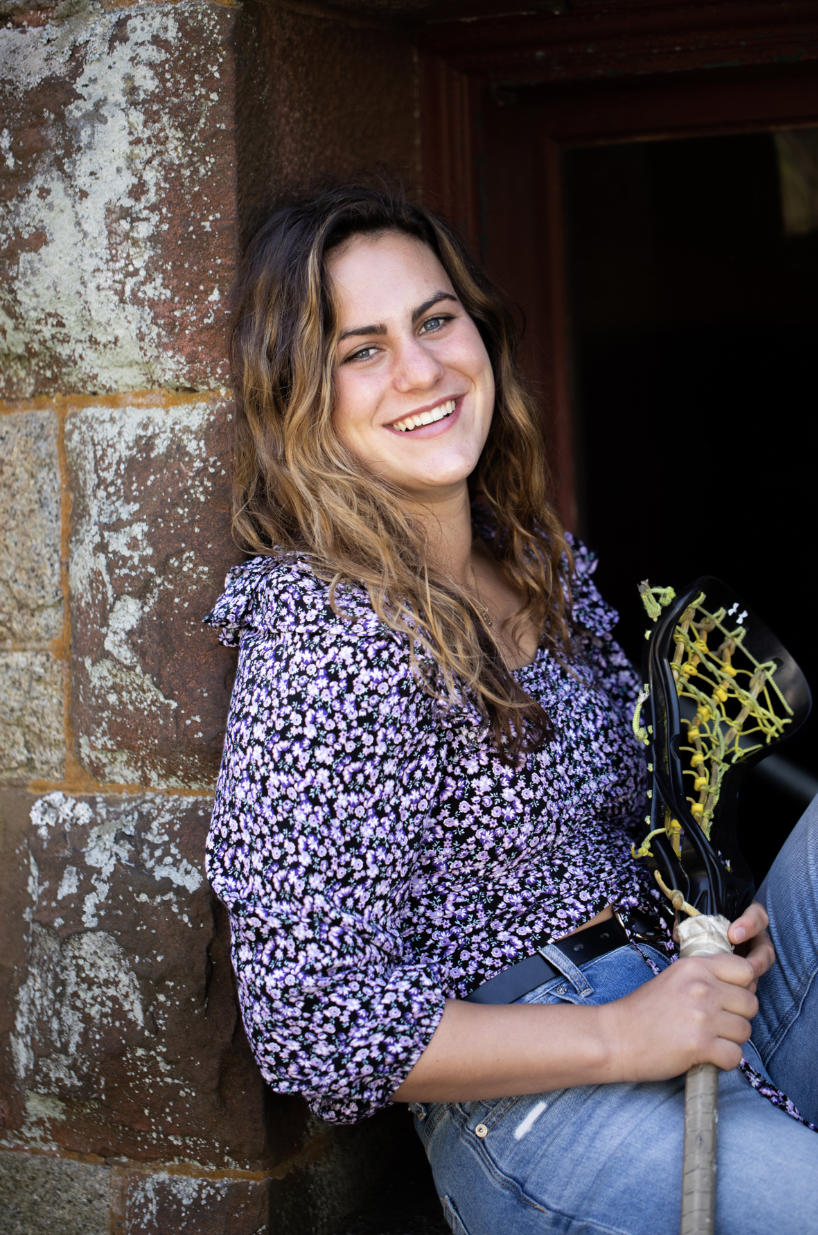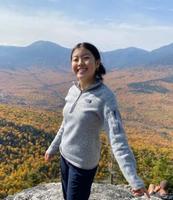

The concentration in Environmental Science and Public Policy is designed to provide a multi-disciplinary introduction to current problems of the environment. It is founded on the premise that the ability to form rational judgments concerning many of the complex challenges confronting society today involving the environment requires both an understanding of the underlying scientific and technical issues and an appreciation for the relevant economic, political, legal, historical and ethical dimensions.
Watch this video for a faculty message about choosing ESPP as a concentration. Visit the Board of Tutors page to find a list of ESPP faculty which includes their home department, research interests, and email address. ESPP faculty are happy to be contacted via email by prospective students. Interested in declaring ESPP? Please visit here for instructions.
Please make an appointment (via window on the right) with Lorraine to discuss declaration. Pre-concentrators are encouraged to reach out to us as early as freshman year--you will be added to our email list and learn about events and fields trips.
ESPP Peer Concentration Advisors (PCAs) are junior and senior concentrators who have volunteered to act as peer advisors to prospective concentrators. Prospective concentrators can reach out to meet with PCAs with similar academic, career, or extracurricular interests. They are happy to answer questions about ESPP and share their stories and interest; providing a value perspective.

Jack O'Donnell ‘25
Cabot House | He/Him
ESPP Interests: I’m primarily passionate about the marine world and the conservation of biodiversity, which pushed me to a double concentration in ESPP and Integrative Biology (IB). I’ve been fortunate to pursue incredible opportunities in the classroom and beyond. I spent my freshman summer abroad in South Caicos at The School for Field Studies, scuba diving and studying marine megafauna. I traveled to Costa Rica to document avian diversity in OEB 190 and I even got to do an independent study cataloging the evolution in social strategy on CBS’s Survivor. Currently, I’m researching the novel function and morphology of giant manta ray (Mobula birostris) denticles in Dr. Lauder’s lab for my ESPP thesis. Outside of my academic endeavors, I'm a practice player for the varsity women's lacrosse team, a board member on the Harvard Classics, and a PBHA Hoops volunteer. Please reach out, as I'm always eager to chat about ESPP, IB, or Harvard generally!

Grace Taylor ‘25
Quincy House | She/Her
ESPP interests: I'm really passionate about a wide range of topics, including concepts like fairness in our surroundings, the interconnectedness of societies and nature, and how our environment and economy interact. ESPP has been an incredible foundation for me, offering the tools, guidance, and flexibility to delve into the crossroads of these subjects. This journey has also led me to explore Global Health and Health Policy as a secondary focus. Through ESPP, I've gained not only a strong belief in the synergy of science and politics but also the courage to tackle them. I even had the amazing experience of teaching physics in southern Vietnam last summer! I'm always up for a chat about ESPP and all the exciting experiences it has brought my way!

ESPP Interests: My primary interest within ESPP is sustainable food systems. Through classes, extracurriculars, and work experience, I have been deeply interested in understanding how different actors think about food and sustainability, from restaurants and kitchens to ranchers and policy-makers. I have been fortunate enough to combine my academic program at Harvard in this field with time spent at Le Cordon Bleu in Paris studying culinary arts, and am uniquely interested in connecting sustainable food producers to consumers across a variety of scales and industries. In addition to my primary interest in food and sustainability, I am also interested in conservation and biodiversity, especially in questions of land and resource use for agriculture and food production, but also more broadly. This led me to declare a double concentration in Integrative Biology to complement my studies in ESPP by offering a strong scientific perspective to balancing human and nonhuman needs and environments.
Eshaan Vakil '25
ESPP interests: My interests revolve primarily around the impacts of climate change in the developing world, as well as the links between geopolitics and the environment in the Global South. ESPP has offered me incredible chances to pursue these interests around the world, sending me to Trinidad and Tobago to learn about issues of water scarcity there in ESPP 173, and back a second time to work on research about carbon fixation in the fine flavor cocoa industry and the ways that climate change is affecting smallholder farmers there. I’ve also participated in research cataloging World Bank investments in developing nations, and my upcoming thesis work will focus specifically on the Japanese auto industry in India and how narratives of a “new Cold War” in Asia affect the environment. Overall, ESPP has taught me not just about the narrow field of environmental policy, but also about the interplay between nature and the forces that structure human society, like economics and politics. Outside of the classroom I’m a proud resident of the Dudley Co-op (ask me about cooperative living), president of the Harvard Karate Club, organizer, and avid photographer. Feel free to reach out to me to talk about anything at all! I can’t wait to get to know you!

Cara Yu '25
Winthrop House | She/Her
ESPP Interests: I am interested in the interplay between policy and the private market in the context of the clean energy transition. It’s exciting to see how well designed policies can align corporate interests with climate benefits and accelerate solar energy adoption. I would love to talk about policy dynamics, innovative clean energy solutions, and the potential of a climate-conscious private sector. Feel free to reach out – I'm happy to chat about anything and everything!